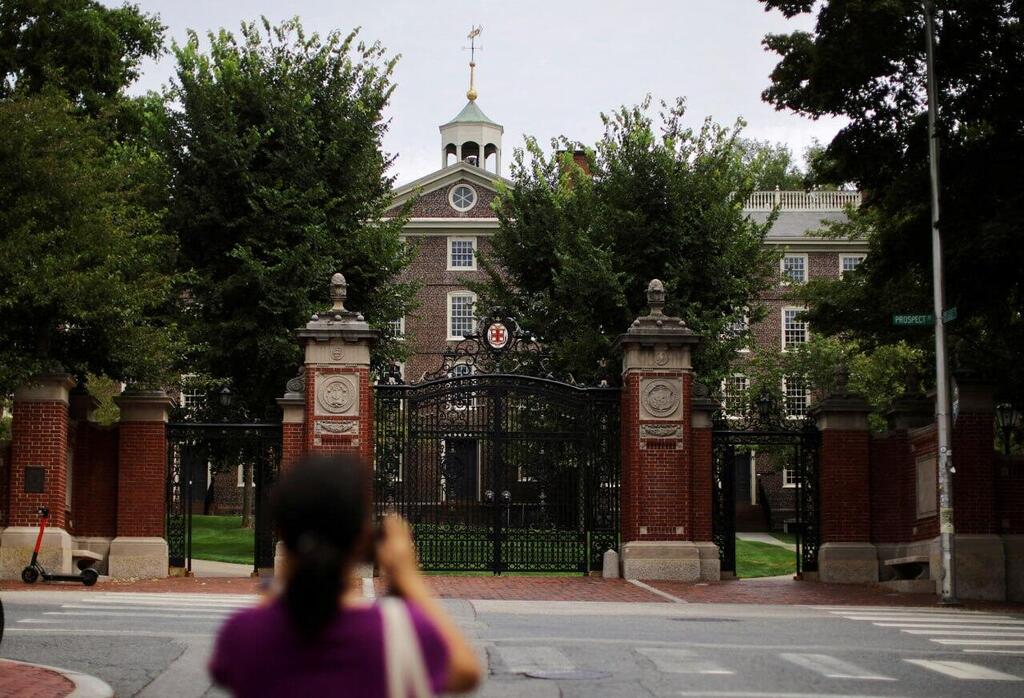Brown University has severed its 35-year partnership with the "Choices" high school education program, citing financial constraints and budgetary pressures. The decision comes amid growing scrutiny over alleged anti-Israel content in the program and accusations of indirect Qatari funding.
Although the university claimed the closure was driven by financial challenges, officials from the program have strongly denied receiving funding from Brown. Instead, they pointed to broader financial issues and a lack of institutional support.
The "Choices" program, which served roughly one million students and 8,000 schools annually, has faced criticism from various U.S. organizations for promoting educational diplomacy that some argue advances an anti-Israel agenda. The controversy intensified following a report by the Institute for the Study of Global Antisemitism and Policy (ISGAP), which claimed that the program had ties to the Qatar International Foundation, a nonprofit associated with the Qatari royal family.
The report detailed how the program invited U.S. educators to training workshops on Middle Eastern and Nigerian history, where the Qatar International Foundation, alongside a Wyoming-based organization, served as sponsors. ISGAP’s findings also noted that representatives from the Qatari foundation distributed educational materials during these sessions.
Get the Ynetnews app on your smartphone: Google Play: https://bit.ly/4eJ37pE | Apple App Store: https://bit.ly/3ZL7iNv
Brown University has denied that the program’s funding was connected to Qatar, but the allegations of bias and foreign influence have further fueled criticism of the program. The university's decision to cut ties with "Choices" has been met with disappointment from historians and educators, many of whom depend on the program’s resources.
In a statement, a spokesperson for the program expressed shock over the closure, calling it “a blow to the history community” and “a devastating loss for the thousands of students and educators who relied on its resources.”
Eight staff members will be laid off by the end of June, and access to the program’s educational materials will be blocked. Educators involved with the program have said that the decision came unexpectedly and was a politically charged move.
“This decision is a real gut punch for historians and educators,” said one veteran teacher. “To cancel the program at a time when history is under political attack sends a confusing message about justice and fairness.”



